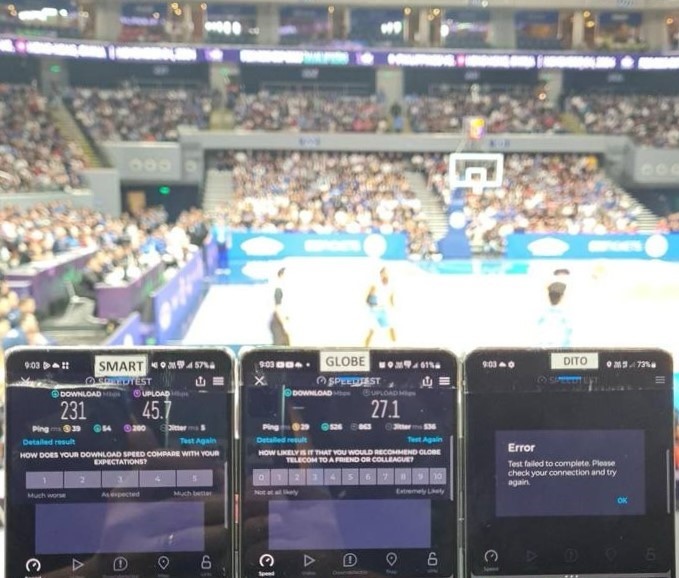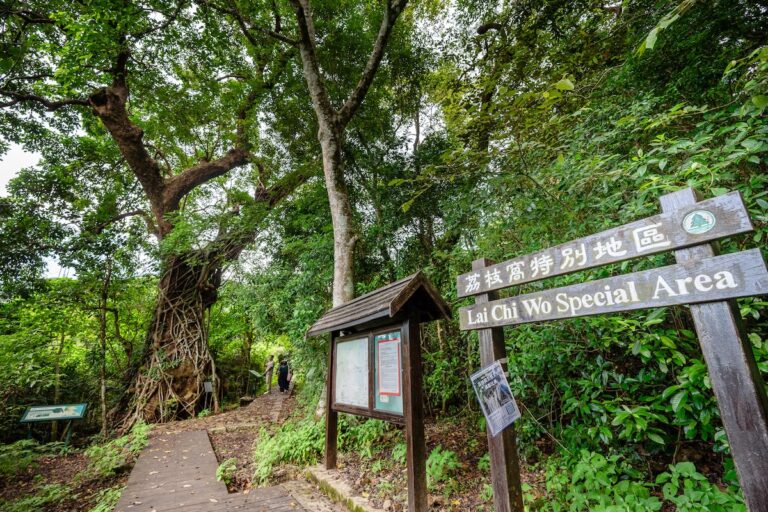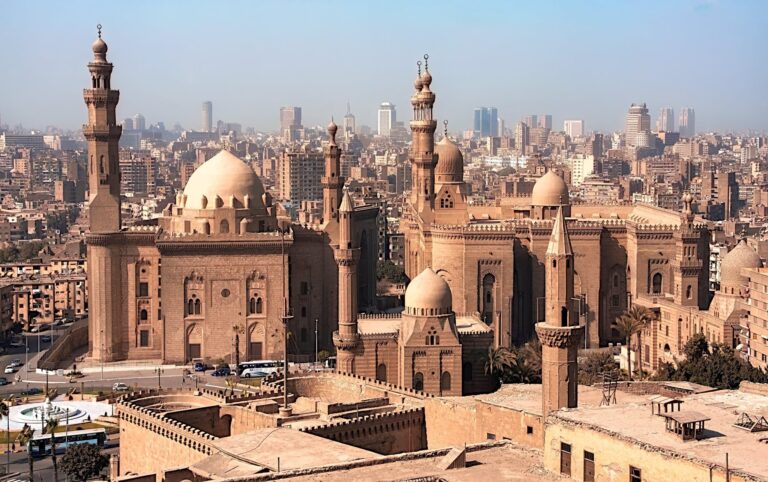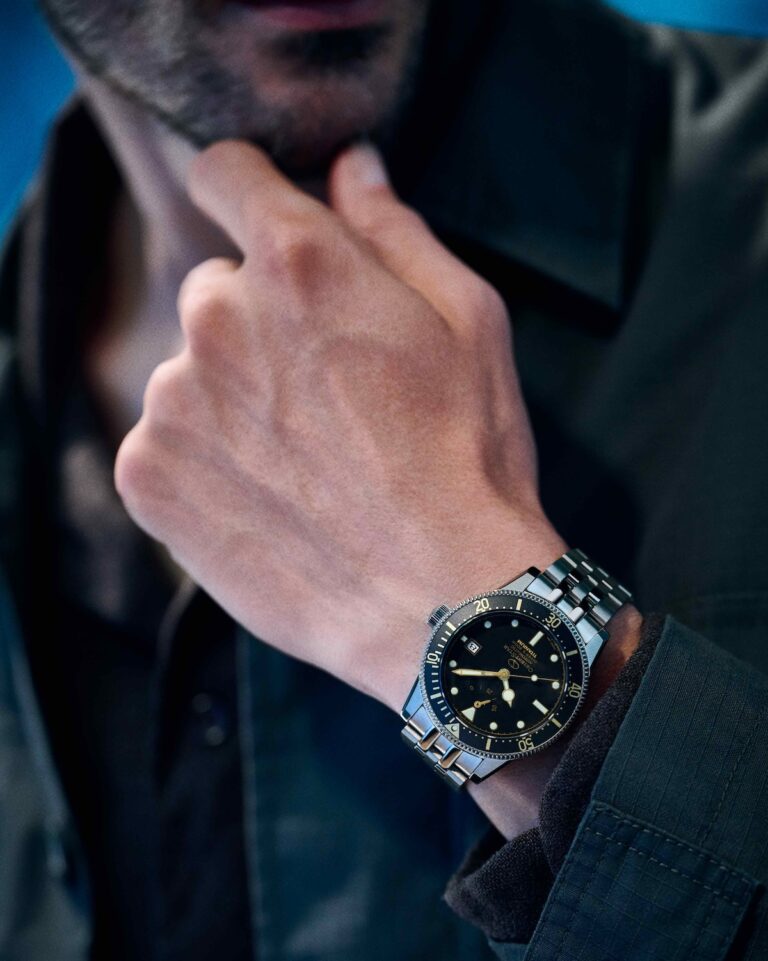Ojude Oba: Celebrating Yoruba Heritage in Nigeria
Ojude Oba is a vibrant and colourful festival celebrated annually by the Yoruba people in Nigeria. It is a cultural extravaganza that brings together people from different Yoruba communities to honour their heritage, showcase their traditions, and pay homage to their rulers. This article explores the origins, significance, preparations, and highlights of Ojude Oba, offering insights into this captivating celebration of Yoruba culture.
Origins of Ojude Oba
Ojude Oba traces its roots back to the 19th century when Islam began to spread among the Yoruba people. The festival emerged as a platform for Muslims in the region to express their faith, cultural identity, and loyalty to their respective traditional rulers. The name “Ojude Oba” translates to “The King’s Parade” in English, highlighting the central role of the monarchs in the event.
Significance of Ojude Oba
Ojude Oba holds great cultural, social, and economic importance for the Yoruba community. It serves as a symbol of unity and solidarity among different clans and families, fostering a sense of belonging and pride in Yoruba heritage. The festival also promotes cultural preservation, as younger generations actively participate and learn about their traditions. Furthermore, Ojude Oba boosts tourism and local businesses, attracting visitors from across Nigeria and beyond.
Preparation for Ojude Oba
Months before Ojude Oba, the organizing committee and various community groups begin preparations. They collaborate to ensure the festival’s success, coordinating logistics, cultural displays, and entertainment. The community members come together to raise funds, construct colorful pavilions, and design stunning traditional attire. Additionally, rehearsals for dance performances, musical acts, and competitive events take place, adding excitement to the festival.
The Grand Procession
On the day of Ojude Oba, the festival commences with a grand procession through the streets of the host town. The procession is led by the royal families and their entourage, adorned in regal attire. The Oba (king) or traditional ruler takes the centre stage, surrounded by his chiefs and council members. They are followed by various age groups, community associations, and cultural groups, each showcasing their unique costumes and performing traditional dances.
Cultural Displays and Performances
After the procession, the festival grounds come alive with vibrant cultural displays and performances. Different age groups, known as “egbe” in Yoruba, showcase their talents through traditional music, dance, and theatrical performances. The rhythmic beats of the talking drums, the elegant movements of the gelede masquerade, and the energetic displays of the horse riders captivate the audience, immersing them in the rich Yoruba cultural heritage.
Traditional Attire
Ojude Oba provides a magnificent showcase of Yoruba traditional attire. Men, women, and children dress in elaborate and colourful garments, reflecting their family lineage, social status, and personal style. The men often wear agbada, a flowing gown, paired with fila (cap) and accessories such as buba (shirt) and sokoto (trousers). Women adorn themselves in iro and buba, which are elegant wrappers and blouses, complemented by gele (headgear) and intricate jewellery. The display of traditional attire adds to the visual splendour of Ojude Oba.
Food and Cuisine
No festival in Nigeria is complete without a delightful array of local cuisine, and Ojude Oba is no exception. Food stalls and vendors line the festival grounds, offering a tantalizing variety of Yoruba dishes. Attendees can indulge in delicacies such as amala and ewedu soup, pounded yam with egusi soup, or the famous jollof rice. Traditional snacks like puff-puff and akara (bean cakes) tempt the taste buds, while refreshing drinks such as palm wine and zobo (hibiscus) provide a refreshing respite from the festivities.
Sports and Competitions
Ojude Oba also features various sports competitions that add excitement and friendly rivalry to the festival. Traditional wrestling matches known as kokowa attract participants from different communities, showcasing their strength and skill. Other popular competitions include horse racing, cane weaving, and gele tying contests. These events not only entertain the spectators but also celebrate the athleticism and craftsmanship of the Yoruba people.
Ojude Oba Souvenirs
As part of the festival experience, attendees have the opportunity to purchase unique Ojude Oba souvenirs. Local artisans and craftsmen set up stalls, offering a wide range of handmade products, including traditional fabrics, intricate beadwork, carved wooden artefacts, and locally sourced crafts. These souvenirs serve as mementoes for visitors, allowing them to take a piece of Yoruba culture home with them.
Impact of Ojude Oba
Ojude Oba has a profound impact on the Yoruba community and beyond. It serves as a platform for cultural preservation, ensuring that Yoruba traditions, customs, and values are passed down through generations. The festival also fosters social cohesion, bringing together people from diverse backgrounds in a spirit of unity and celebration. Economically, Ojude Oba boosts tourism, supports local businesses, and generates income for the host town. It has become a significant cultural event that showcases the richness and vibrancy of Yoruba heritage.
Conclusion
Ojude Oba is a captivating celebration that embodies the spirit and essence of Yoruba culture. It brings together communities, preserves traditions and showcases the unique heritage of the Yoruba people. From the grand procession to the cultural displays, traditional attire, delicious cuisine, and sports competitions, Ojude Oba is a feast for the senses. It is a testament to the rich cultural diversity and unity of the Yoruba community, making it a must-see event for anyone interested in experiencing the vibrant traditions of Nigeria.
FAQs
- What does “Ojude Oba” mean?
Ojude Oba translates to “The King’s Parade” in English. It is a festival that celebrates Yoruba culture and pays homage to traditional rulers. - Where is Ojude Oba celebrated?
Ojude Oba is primarily celebrated in Ijebu-Ode, a town in Ogun State, Nigeria. However, similar celebrations have also taken place
- When is Ojude Oba celebrated?
Ojude Oba takes place annually on the third day of the Eid al-Kabir festival, which is the Islamic festival of sacrifice. The exact date varies each year based on the Islamic lunar calendar. - Who can attend Ojude Oba?
Ojude Oba is open to everyone, including both locals and visitors. It welcomes people from different backgrounds who are interested in experiencing the rich cultural heritage of the Yoruba people. - Are there any specific customs or rituals associated with Ojude Oba?
While Ojude Oba is primarily a cultural celebration, it also holds religious significance for Muslims within the Yoruba community. They offer prayers and engage in Islamic rituals during the festival, along with the cultural festivities. - Can I participate in the cultural displays and competitions during Ojude Oba?
Participation in cultural displays and competitions is typically reserved for members of specific age groups, community associations, or cultural groups. However, as a visitor, you can enjoy watching these performances and cheer on the participants. - What is the significance of Ojude Oba?
Ojude Oba holds cultural, social, and economic significance. It promotes unity, preserves Yoruba traditions, and stimulates tourism and local businesses. - Where can I experience Ojude Oba?
Ojude Oba is primarily celebrated in Ijebu-Ode, Ogun State, Nigeria. Visit the town during the festival to witness the grandeur and cultural splendor of the event. - What should I wear to Ojude Oba?
It is recommended to wear traditional attire or attire suitable for a festive occasion. Embrace the vibrant colors and styles of Yoruba culture to fully immerse yourself in the festivities. - Are there any entry fees for attending Ojude Oba?
Ojude Oba is generally free for attendees. However, some activities or designated areas may have specific entry requirements or fees. - Can I take photographs during Ojude Oba?
Photography is typically allowed during the festival. However, it is always respectful to ask for permission before taking pictures of individuals or cultural displays to ensure privacy and cultural sensitivity.
In conclusion, Ojude Oba is a vibrant and culturally significant festival that celebrates Yoruba heritage in Nigeria. From the grand procession to the cultural displays, traditional attire, delicious cuisine, and sports competitions, it offers a captivating experience for both locals and visitors. This festival serves as a symbol of unity, cultural preservation, and economic growth, making it an event of great importance to the Yoruba community. If you’re interested in immersing yourself in the rich traditions and vibrant atmosphere, Ojude Oba is an event not to be missed.







